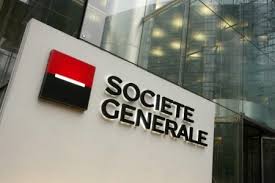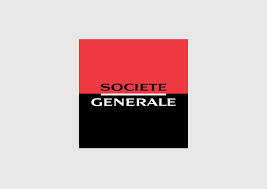by Libya Herald reporter.

London, 2 April 2014:
In what appears to be an accelerating . . .[restrict] drive to recover funds lost through alleged fraud and professional incompetence by international financial institutions, the Libyan Investment Authority is suing France’s Societe Generale in the High Court in London for losses of $1.5 billion.
The case, launched in the Queen’s Bench Division Commercial Court, revolves around claims that Societe Generale’s securing of a series of derivative trades between 2007 and 2009 worth a total of $2.1 billion, involved a payment of a minimum of $58.5 million to Panama-registered company Leinada. This sum was apparently for advisory services.
The LIA is claiming that the money was in fact a bribe that was funnelled through the Panamanian company to close associates of Saif Al-Islam. The French bank has said that the claims are groundless and will be contested. The LIA also maintains that the derivatives positions that SocGen took for it suffered heavy losses of up to $1.5 billion. It wants the trades declared void and compensation for the loss.
There are similarities between this court action and a claim launched in January, again in the British High Court, against US investment bank Goldman Sachs for catastrophic losses on complex derivative investments which nevertheless netted the bank hefty fees. An entire $1 billion derivative investment was lost but, one way or another, Goldman earnt $350 million from the trades.
The Securities and Exchange Commission and the Department of Justice in the US are currently looking at a number of other allegations that spurious payments were made to middlemen or officials. These were in return for the LIA’s award to US financial institutions of mandates for extremely large investments. In its London claim against Goldman Sach’s, the LIA has maintained that the inexperience of LIA investment officers and risk managers was “exploited” in these deals.
Last month, US hedge fund Och-Ziff filed that it was being investigated by the Justice Department for Libyan-related deals and faced an impact of its earnings.
[/restrict]









